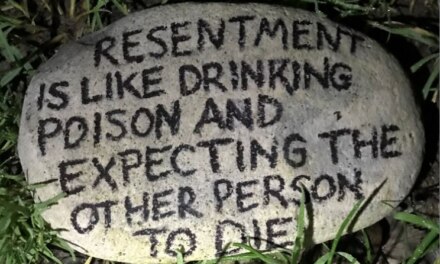Anne Lamott is an author that I wasn’t familiar with until someone sent me a link to this very brief YouTube interview:
I understand she’s the very successful author of twenty books, with the newest one, entitled Somehow: Thoughts on Love, firmly in place on The New York Times nonfiction bestseller list.
Best of all, from my standpoint, she writes frequently and at length on her own experience of recovery from chronic alcoholism. Seems she’s coming up on 38 years of sobriety, after having given up drinking at 32. That’s time enough to have learned some very important lessons about living sober.
What I liked best: Her sense of humor about herself. That’s something I’ve noticed is missing from most media portrayals of addiction and recovery.
Too bad, because the ability to laugh at oneself is in my opinion among the most helpful talents that someone can develop. It requires a degree of humility— the quality of being humble– that we don’t hear much about in the current era, which appears jam-packed with people who stubbornly insist on pretending they’ve done nothing wrong, ever, and therefore cannot be held responsible for anything.
I also like how Lamott addresses the familiar concept of “hitting bottom”: boiling it down to the realization that “…I was deteriorating faster than I could lower my standards.”
That made me chuckle. I spent many years observing others in similar straits continually reduce their expectations for themselves in order to accommodate a rapidly declining ability to function, due to alcohol.
That’s how the same person who complains in group that their drinking simply can’t be that bad because they’ve never missed a day of work, eventually turns into the person who argues that despite their absenteeism they’ve never actually been fired, and finally into the person sitting in Detox grousing that they never liked that damn job in the first place, so good riddance.
Lamott is an example of someone whose talent for denying reality simply wasn’t strong enough to drag her all the way down, before she realized what was happening.
One of the lucky ones, in other words.
I also liked her description of what happened when she reached out for help: “Someone just came over and talked.” In fact, that’s how she described recovery itself. People just coming over to talk, when it’s most needed.
That’s as good a description as I’ve heard in quite a while.












